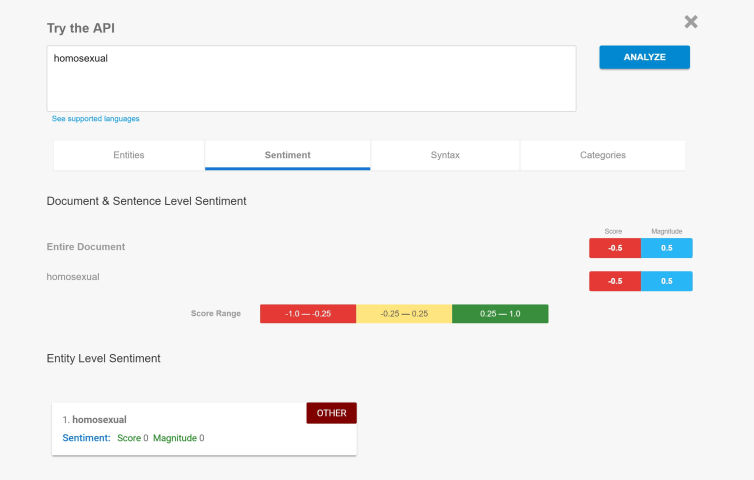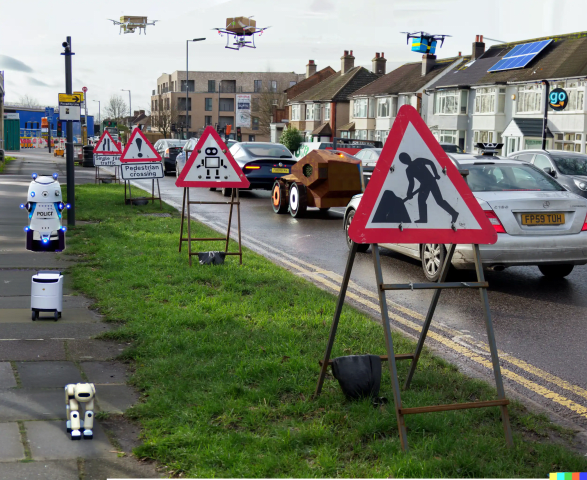CSETv1 分類法のクラス
分類法の詳細Incident Number
65
Special Interest Intangible Harm
no
Date of Incident Year
2016
Date of Incident Month
12
Date of Incident Day
21
Estimated Date
Yes
CSETv0 分類法のクラス
分類法の詳細Problem Nature
Specification
Physical System
Software only
Level of Autonomy
Unclear/unknown
Nature of End User
Expert
Public Sector Deployment
No
Data Inputs
Universe software training
Risk Subdomain
7.1. AI pursuing its own goals in conflict with human goals or values
Risk Domain
- AI system safety, failures, and limitations
Entity
AI
Timing
Post-deployment
Intent
Unintentional
インシデントレポート
レポートタイムライン

At OpenAI, we've recently started using Universe, our software for measuring and training AI agents, to conduct new RL experiments. Sometimes these experiments illustrate some of the issues with RL as currently practiced. In the following e…
バリアント
よく似たインシデント
Did our AI mess up? Flag the unrelated incidents
よく似たインシデント
Did our AI mess up? Flag the unrelated incidents


